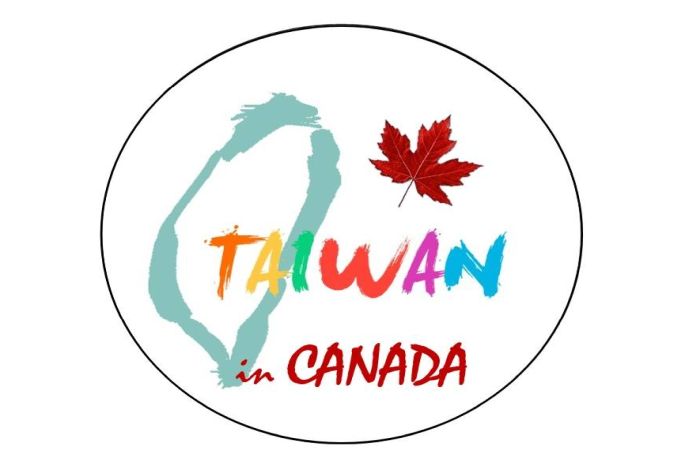PORT OF SPAIN, Trinidad – The International Federation of Red Cross and Red Crescent Societies (IFRC) has been contracted by the Caribbean Public Health Agency (CARPHA) to conduct surveys from February to April 2024. CARPHA seeks to gain a better understanding of the population’s knowledge, attitudes and practices associated with Mosquito-Borne Diseases (MBDs) in six CARPHA member states.
The IFRC through its Red Cross-National Societies will venture into communities in six pre-selected Member States, starting with Belize, Guyana, Suriname and St Vincent and the Grenadines, in the first instance.
The Red Cross teams will conduct focus group discussions and administer house-to-house questionnaires targeting adolescents, women of childbearing age, males between 18 and 45, persons over 45 and community leaders. More information regarding the remaining two countries will be shared in a subsequent communication.
The findings of the study will be used to inform community-based public education campaigns, policies, and strategies that aim to reduce the spread of Zika, Chikungunya and Dengue. It is hoped that these will contribute to the improvement of the health of the Caribbean population and the sustainable social development of the Caribbean.
Mosquito-Borne Diseases in the Caribbean
Mosquito-borne diseases (MBDs) are a major threat to the health and economies of societies globally. MBDs such as Zika, Chikungunya and Dengue account for approximately 17 percent of the estimated global burden of infectious diseases, with approximately 700,000 attributable deaths each year.
In 2013, Chikungunya (CHIKV) was first detected on the island of Saint-Martin and within one year expanded to all countries in the region with thousands of cases1. In 2015, the first Zika case was detected in Suriname. Subsequently, the Caribbean experienced a wider outbreak with unexpected neurological complications, such as microcephaly and Guillain-Barré Syndrome (GBS)2.
The epidemics of Zika, Chikungunya and Dengue among other mosquito-borne diseases underscore the need to have robust regional health security systems. This is particularly important because many Caribbean countries depend on tourism as a major source of revenue. There is therefore a need to employ strategies that specifically target the needs of the Caribbean people to prevent and appropriately respond to these public health threats. CARPHA will continue to work closely with its Member States to develop effective interventions and improve their capacity to prevent, control and respond to outbreaks of mosquito-borne diseases.







